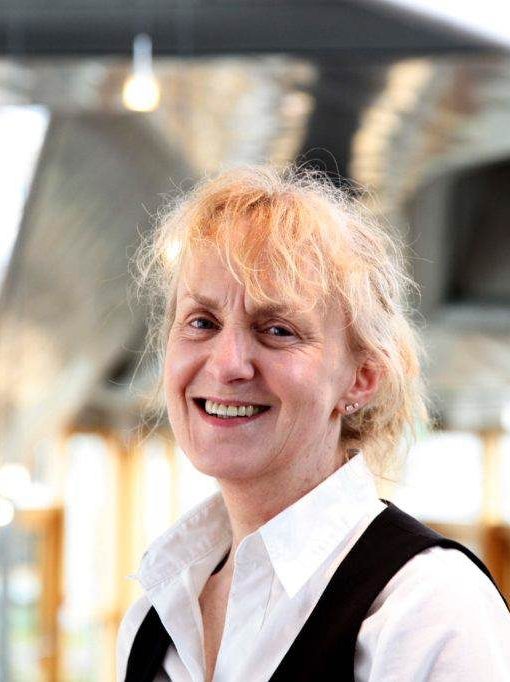
As executry solicitors in Edinburgh we are quite often asked how someone can become an executor and not so often how to avoid having to take up office. The role of an executor is a big responsibility as well as a privilege. If the deceased selected you as their executor they believe that you will carry out their wishes; that demonstrates a level of trust and you will not want to let them down.
If you are approached by someone and asked if you will be their executor of a Will you need to consider whether you should accept the role. If you do accept and when you have to start acting, Quill Legal is available to assist you with whatever is required – applying for probate or confirmation, explaining what confirmation of estate in Scotland is, obtaining certificates of confirmation and executry services Scotland in general. We will provide guidance for you and deal with all or as much of the work as you want us to.
The role of an executor entails a wide variety of duties, dealing with both immediate and longer term matters from arranging the funeral to gathering information about the assets and liabilities of the deceased person and preparing an inventory of the assets, from looking after the house of the deceased and preparing the application for confirmation Scotland and from paying any tax due and settling debts to distributing the assets according to the Will.
All of these tasks can be complex and take up a great deal of time. If there are a large number of assets you will have to communicate with many fundholders to obtain accurate valuations and you may encounter delays and frustration as a result.
If you decide that you wish to remove yourself from the role of executor
If you make your decision while the person who appointed you is still alive and provided that person still has capacity and is able to make decisions they may be asked to change their Will and to remove your name. It is quite unlikely that they will refuse.
If the person has died you would have to formally decline to take up the office of executor. If there is a solicitor winding up the estate you should let them know as soon as possible and they will draw up a Deed of Declinature for you to sign; this will be lodged in the Sheriff Court in due course.
If the administration of the estate has already progressed and confirmation has been granted, if you are the only remaining executor or if confirmation was granted in your favour only, another person would have to agree to become an executor before the resignation could take effect. In this case a Deed of Assumption and Resignation would have to be signed by you and the new executor to enable your resignation to take effect. However, if the Will appointed more than one executor either to act jointly with you or to act as a substitute, when you decline as executor they will immediately be available to continue with the administration of the estate.
Quill Legal can advise you if you are concerned and do not know whether to agree to an appointment or whether you will start acting as an executor. Sorting out the issues as soon as you have made a decision will ensure that the deceased person’s estate is wound up as promptly and as efficiently as possible.
If you would like to discuss your role as an executor or wish to talk over any concerns before taking up an appointment, please call Quill Legal on 0131 564 1044 or use our contact form.

Kay Blaikie
Principal of the Firm
Get in touch with me when you need reliable legal advice on any aspect of Executries, Wills, Powers of Attorney and Notarial services.
Email: kay@quilllegal.co.uk
Telephone: 0131 564 1044